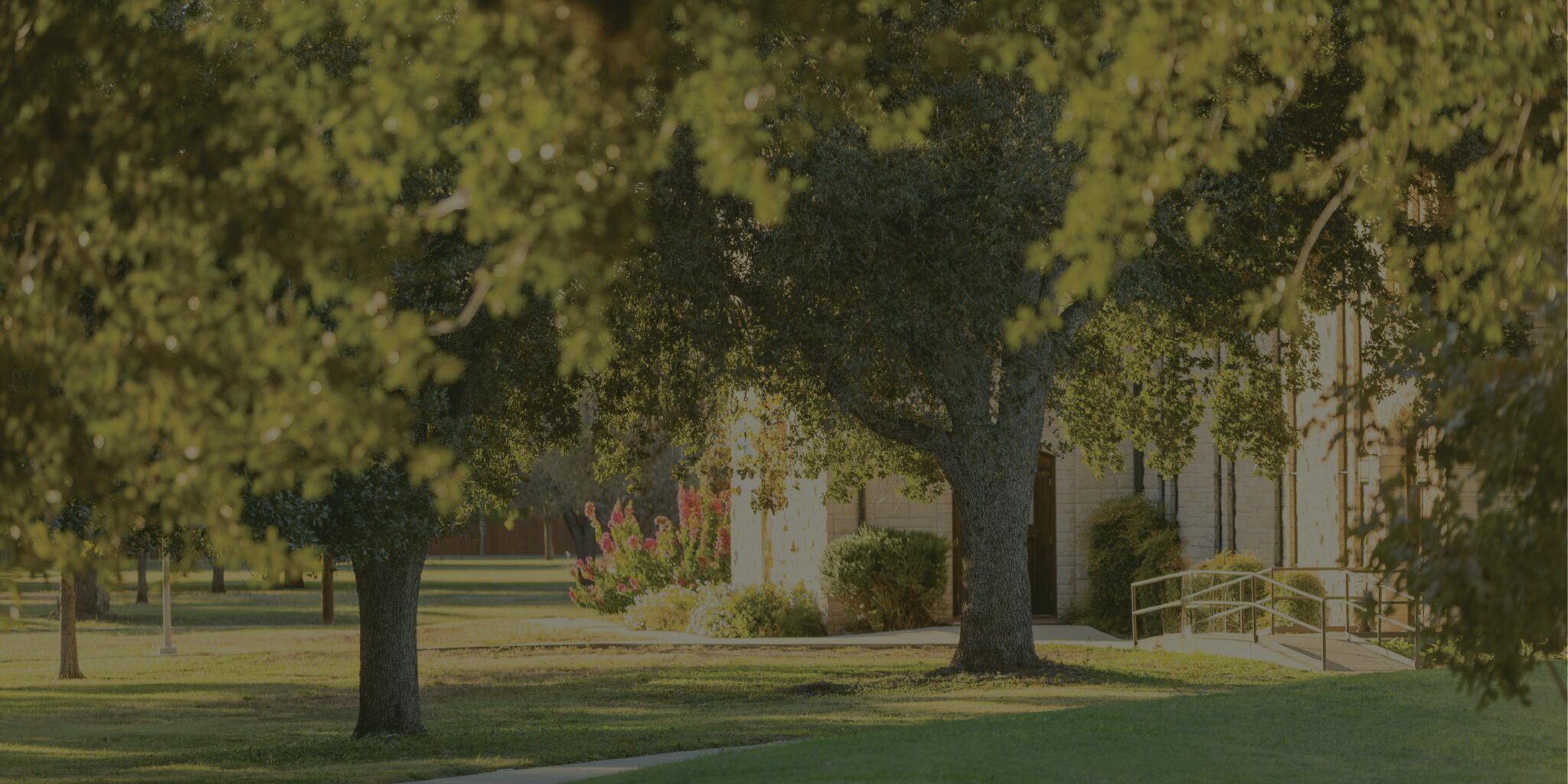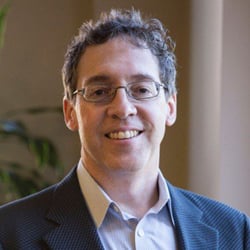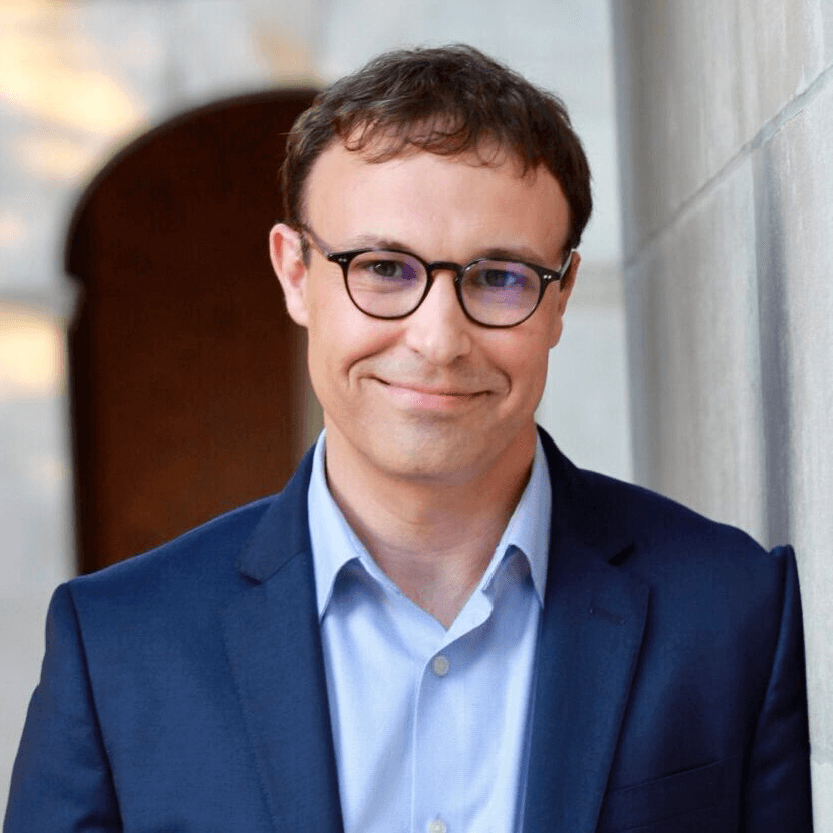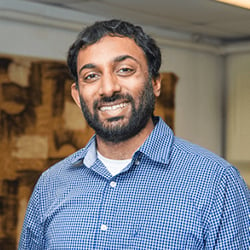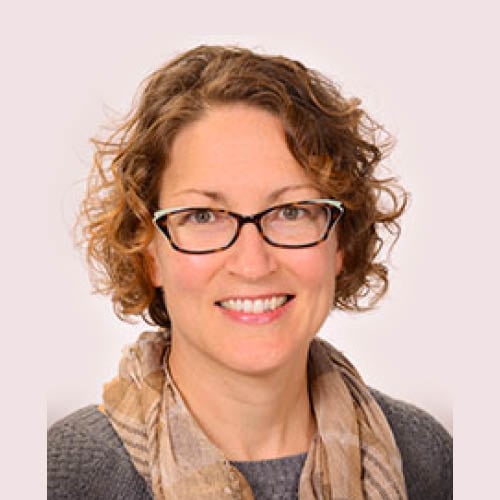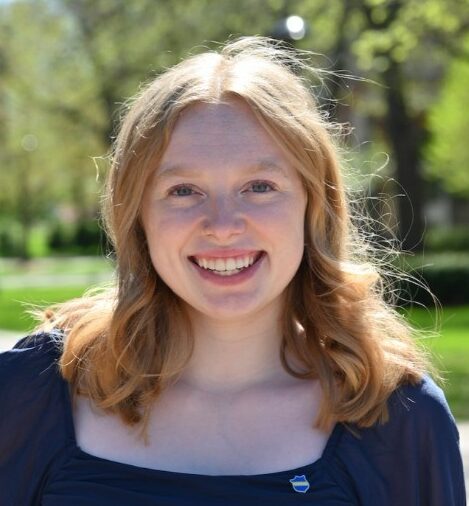The Latest Resources from NetVUE | October 2025
Back to NetVUE Connections
The NetVUE Podcast
Callings: Conversations on College, Career, and a Life Well-Lived
Season six of Callings is here! Read below for brief descriptions of the latest episodes of NetVUE’s podcast and find links to listen to each episode in full.
A Big Enough Story | Lee C. Camp
Released September 24, 2025
Lee C. Camp is host of the podcast and nationally syndicated radio series No Small Endeavor, which explores what it means to live a good life. He also serves as Distinguished Faculty Fellow at Lipscomb University, a NetVUE member institution. In this conversation, Lee brings his wealth of experience—as well as a personal and honest approach—to bear on questions of vocation in higher education. In the process, he challenges overly simple notions of “meaningfulness,” encourages us to be good question-askers, and promotes creativity in pursuit of virtuous living.
Cultivating Character | Michael Lamb
Released October 13, 2026
Michael Lamb is committed to educating for character through the virtues. In his role as the senior executive director of the Program for Leadership and Character at Wake Forest University, Michael works to encourage students to “live the questions” as part of connecting their interests and talents with the callings of their communities and contexts. Michael discusses how setbacks, crises, and deep listening can help us discern how to “re-enchant purpose,” as part of evaluating our motivations and next steps. Throughout the conversation, we hear how practicing the virtues can help us return to the core of our callings.
The NetVUE Blog
Vocation Matters
NetVUE’s blog Vocation Matters provides an online space for colleagues from around the country to offer and receive insight on vocational exploration. Read on for short summaries of recent posts.
The Mystery of the Caller: Fear, Awe, and Beauty in the Islamic’s Mary’s Vocation | Younus Mirza
Published September 30, 2025
Students often perceive calling as a clear, linear process, expecting a definitive moment of clarity. However, as Younus Mirza suggests in this post, doubt is intrinsic to vocation. He explores this point by discussing Maryam’s story in the Qur’an, arguing that we need to understand and embrace the mystery of the “caller.” For Mirza, accepting a calling often involves navigating through fear and uncertainty—ultimately leading to spiritual strength and clarity.
Understanding Alienation: Marx, Vocation, and Student Formation | Michelle Oyakawa
Published September 18, 2025
In her series focusing on how sociological thinkers of the past can help us understand the vocational challenges of the present, Oyakawa recalls Karl Marx’s critiques of capitalism and explores the possibility that vocations may be realized outside of one’s job. Oyakawa encourages educators to teach not only content, but also the intrinsic value of learning and self-discovery, as a way to guide students on a path towards fulfillment.
Hope through Connection V: Becoming Ourselves in Community | Deirdre Egan-Ryan and Caroline Van Sistine
Published September 9, 2025
As a fifth installment in a series that Egan-Ryan co-wrote with St. Norbert College student Caroline Van Sistine, this post highlights the value of building intentional relationships through the college’s English major gateway course. Egan-Ryan describes how she curates her classroom dynamics, requires students to attend campus events, and coordinates the mentoring of her students. Van Sistine reflects on how the course increased her confidence, helped her develop meaningful friendships, and allowed her to gain clarity about her own sense of professional direction.
To report a technical problem with the website, or to offer suggestions for navigation and content issues, please contact Alex Stephenson, NetVUE communications coordinator, at astephenson@cic.edu.




